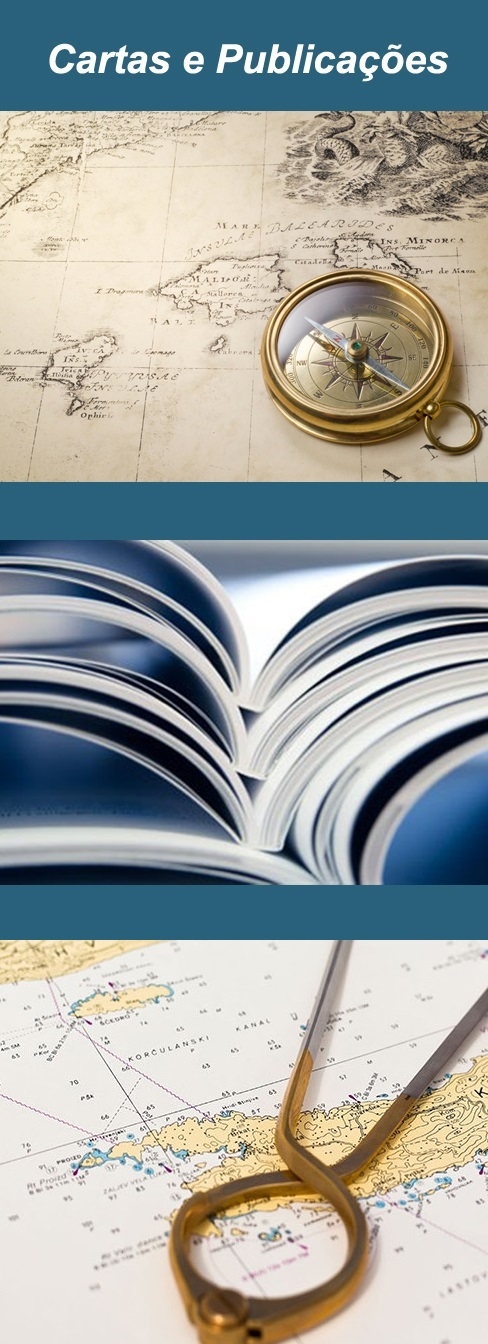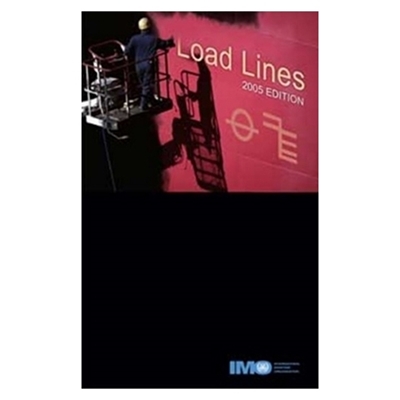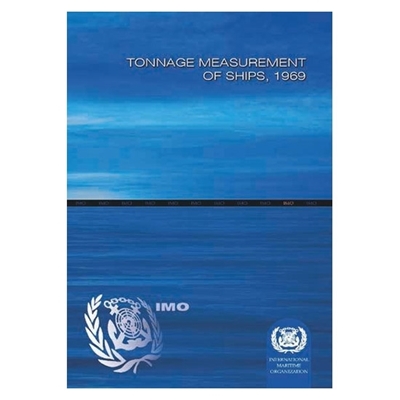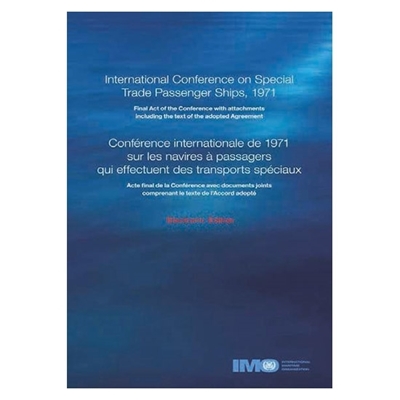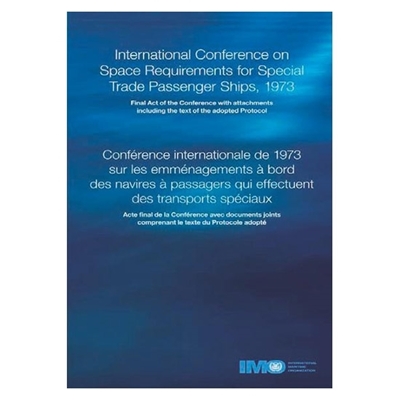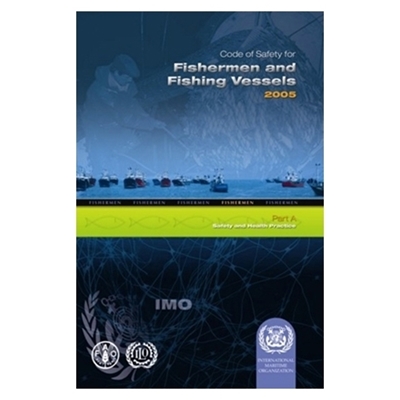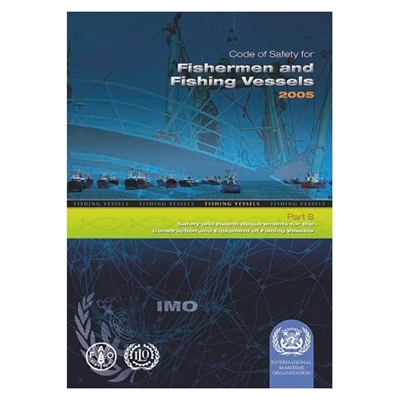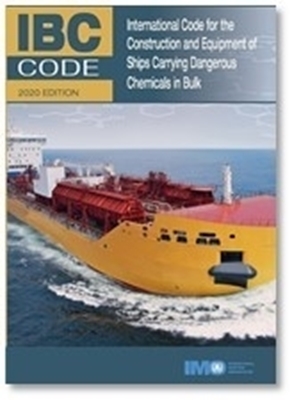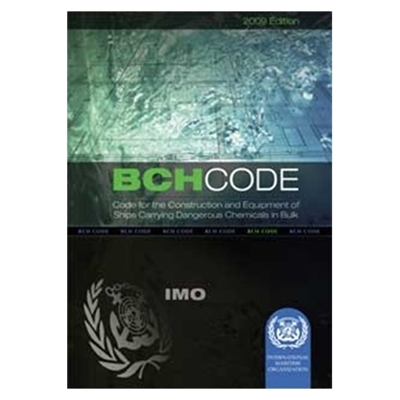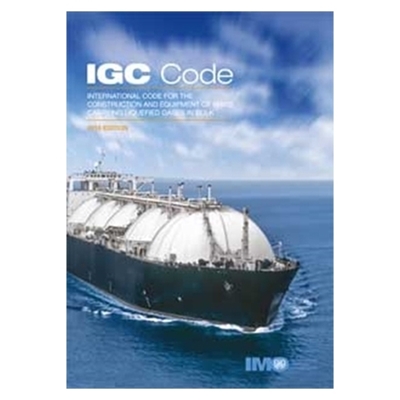Close
- Charts & Publications
-
Marine Industry

-
Recreational

-
Land Market

-
Harbour equipments
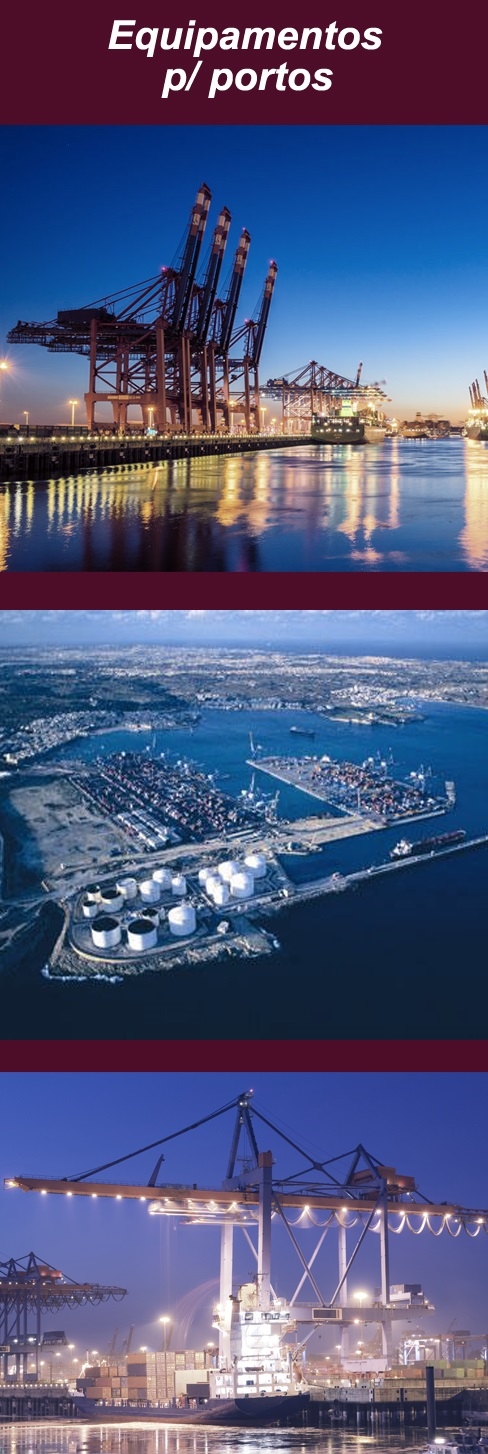
- Proteção Covid-19
- About Us
- Novidades
- Marcas
- Contacts
- Serviços
- Articles
Menu
(0)
items
You have no items in your shopping cart.
All Categories
Menu
Shopping cart
Filters
Personal menu
Preferences
Search
- Home /
- Charts & Publications /
- Publications /
- IMO /
- Marine Technology /
- Cape Town Agreement of 2012, 2018 Edition
Related Products
-
Load Lines Convention 1966 (2005 Edition)
Call for pricing -
Voluntary Guidelines for Small Fishing Vessels, 2006 Edition
Call for pricing -
IBC Code, 2020 Edtion
Call for pricing -
BCH Code (2008 Edition)
Call for pricing -
IGC Code (1993 Edition)
Call for pricing
Customer service
Contact Us
- Praceta Augusto Dias Silva, 94 2B 2785-521 Sao Domingos de Rana
- info@jgarraio.pt
- Tel.: +351 213 473 0810

Copyright © 2024 JGARRAIO. All rights reserved.
As fotos apresentadas podem não corresponder as configurações descritas.
Preços e especificações sujeitos a alteração sem aviso prévio.
A J. Garraio declina qualquer responsabilidade por eventuais erros publicados no site.
As fotos apresentadas podem não corresponder as configurações descritas.
Preços e especificações sujeitos a alteração sem aviso prévio.
A J. Garraio declina qualquer responsabilidade por eventuais erros publicados no site.
All prices are entered including tax. Excluding shipping
Powered by nopCommerce
Desenvolvido pela Agência PRIMEWAY - Plataformas Digitais • Design • Marketing Digital
